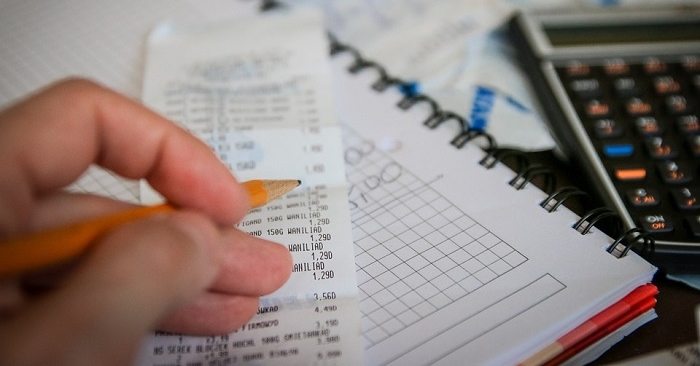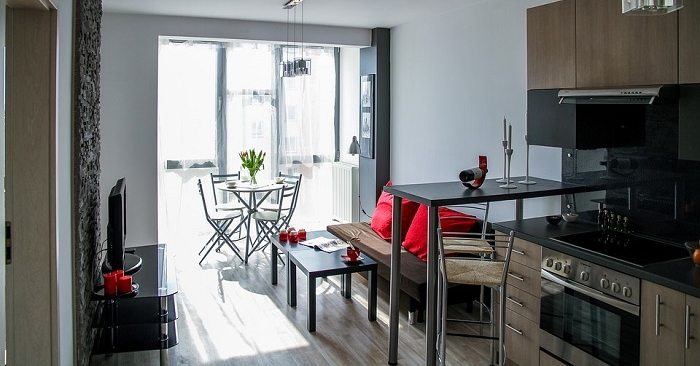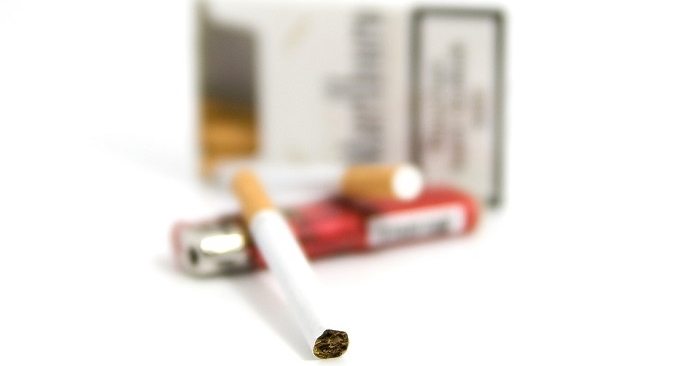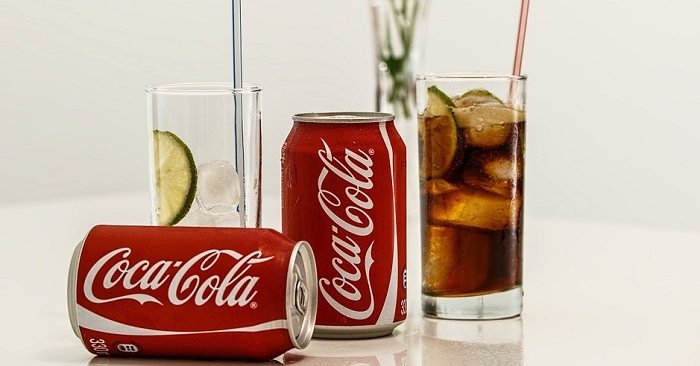Starting January 1, 2018, business owners and landlords in the UAE will be required to pay a value-added tax (VAT) of five percent. The announcement was made by the country’s Federal National Council (FNC) recently.
It may be recalled that last year, the UAE signed an agreement to implement VAT along with other GCC countries, including Bahrain, Oman, Qatar, and Saudi Arabia.

Five Percent VAT Effective on January 2018
Private businesses earning at least AED 370,000 a year will have to pay VAT. At present, there are over 450,000 privately-owned companies in the country. The Minister of State for Financial Affairs, Obaid Humaid Al Tayer, states that this figure could reach 600,000 soon — resulting in the growth of the UAE’s annual Gross Domestic Product (GDP).
Likewise, landlords who are renting out properties will also have to pay VAT. This means that rental costs for tenants could also increase in the coming year.

Possible Effects of VAT
According to Al Tayer, “VAT is the only law that is currently with the legislative committee, as well as the selective items tax on tobacco, fizzy drinks and energy drinks.” He explained that the tax will affect consumers and residents, starting with 1.3 percent, though this will drop over time. On the other hand, business owners will be facing 0.06 percent and 0.04 on GDP.
The implementation of VAT will also involve measures and procedures regarding tax collection and auditing, as well as penalties for violations and tax avoidance.

Tax on Selective Items
Meanwhile, the GCC countries will also be introducing taxes on “selective items,” such as energy drinks, soft drinks, and tobacco. In fact, Saudi Arabia has already drafted a law placing 35 percent tax on soft drinks and 100 percent tax on tobacco.
As for the UAE, Al Tayer stated that the amount of tax on selective items has yet to be confirmed, although it could be introduced this year. “The cap is 100 per cent, it could be less depending on each country,” he said. “Once the law is issued, it will say when it will be implemented.”

For us consumers, VAT means that certain products and costs will rise, but we should also look at the larger picture. The UAE aims to generate 80 percent of its economy through non-oil sectors by 2021. Since oil is a non-renewable resource, generating tax is one way to sustain the country’s economic growth.

Comments are closed.